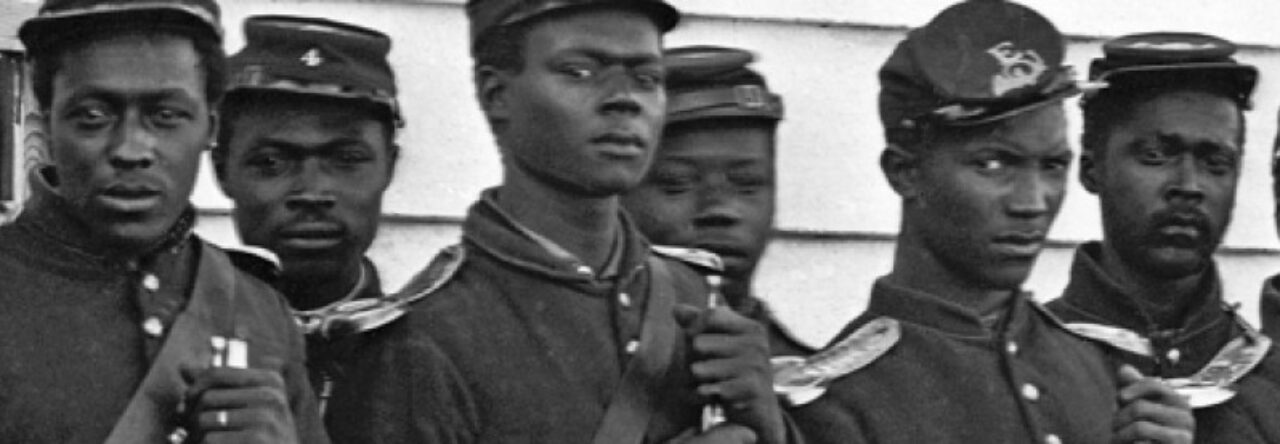I am a big fan of iTunes University, especially the many items found in the Gilder Lehrman section. The process is simple and I really don’t need to just watch someone talk… I’d much rather pop in the earbuds and get moving.
A few months ago I came across a talk by David Blight that is similar to the video on the syllabus. The talk is about the Civil War in American Memory, but the part I find most engaging comes at 17:10, when he discourses on the differences between history and memory. Some people may consider it a matter of parsing words, but he makes a great case for considering them separately and cautiously.
An immediate difference that comes to mind is the naming of the conflict itself. I grew up in Detroit, where an intrepid person can find statuary and memorials of the ‘Civil War’ and Michigan’s importance in it. I have friends my age, 47, who grew up in Tennessee, and heard nothing except of ‘The War of Northern Aggression’ and didn’t realize the South lost until they had long departed middle school.
Blight asserts that memory is “owned,” not necessarily shared. My travels in Northern Ireland and Central Europe in the mid-1990’s pointedly drove home the violent power of collective memory. What I saw were the festering, amorphous resentments of many decades of real and perceived abuse. These seventeen years later I hear Blight and I wonder about resentment, the accumulating emotional plaque that hardened the hearts of the non-planter class in the South in the wake of the Civil War and helped make Jim Crow so widely mainstream.
I want to reread Faust and McPherson with an eye toward Blight’s points. As I do so I’ll add some asides to this, or perhaps add posts.
What follows:
1. my annotation of Blight’s talk, simply tabled to help generate talking points. I’ve quoted him directly… none of the words are mine, although I’m only as exact as the toddler in my lap will allow.
2. a screenshot of the page where the lecture can be found in iTunes.
This is all quoted as carefully as I could manage. These are David Blight’s words, not mine.Where he directly sets one point against another, I have placed them side-by-side on the table.
“Although history and memory are often conflated, keeping something separate and distinct… is valuable.
history… |
memory… |
| is what trained historians do – a reasonable reconstruction of the past rooted in research. | |
| is critical and skeptical of human motives and actions. | can be a safe place to escape to, or sometimes it just plays romantic, sentimental tricks on us. |
| is more secular than memory. | is often treated as a sacred set of absolute meanings and stories, possessed as the heritage and identity of a community. |
| can be read by, and belong to, everyone. | is often owned. |
| just gets interpreted. | |
| is more relative – it depends on place, chronology and scale, and a host of other factors. | |
| gets revised. | is passed down through generations. |
| seeks to understand contexts in all their complexity. That’s why it’s harder. | often coalesces in objects, sights, monuments and places. |
| Historians assert the authority of academic training, of canons of evidence, of authority. | often carries the more immediate authority of community membership and some kind of personal experience. |
| Historians study | In reference to Bernard Bailyn’s writing, Blight quotes: “Memory’s appeal is in its relation to the past as an embrace, ultimately emotional, and not intellectual.” |
| Historians these days study memory because it has been such an important modern instrument of power.” | |
where to find this on iTunes:


Leave a Reply